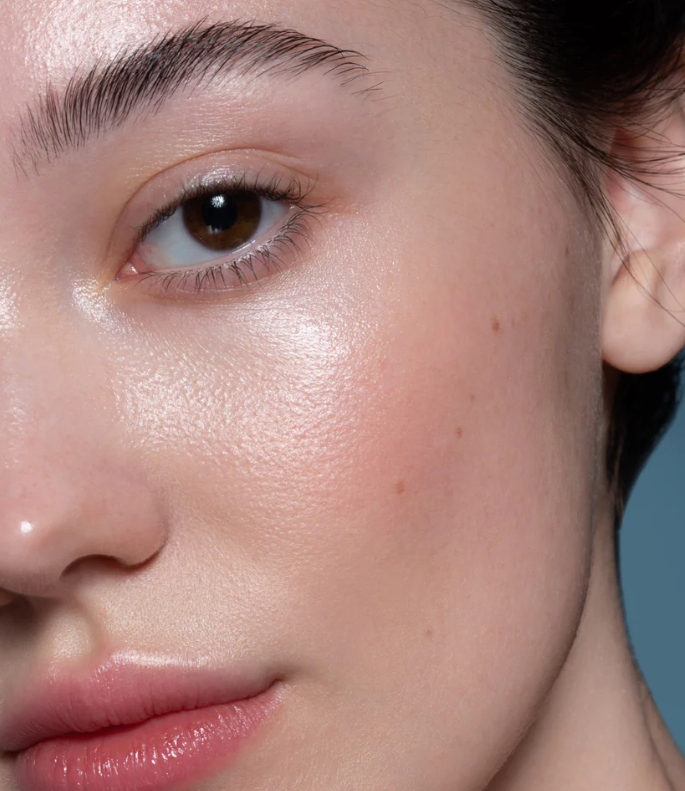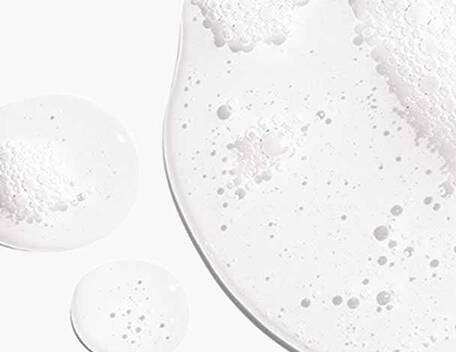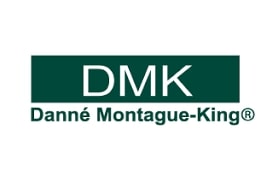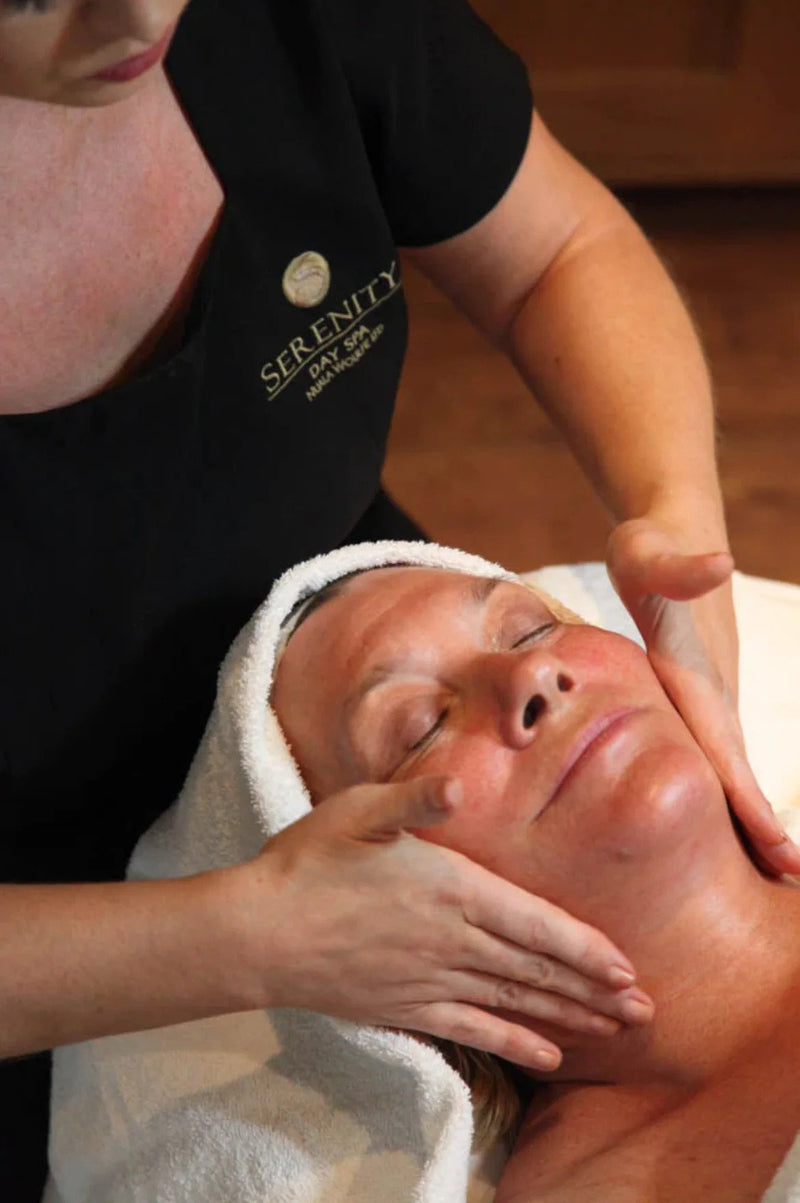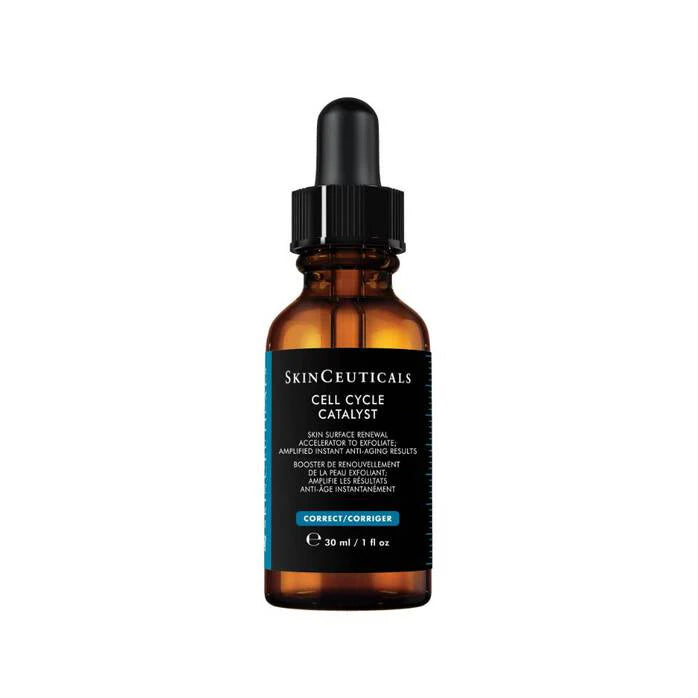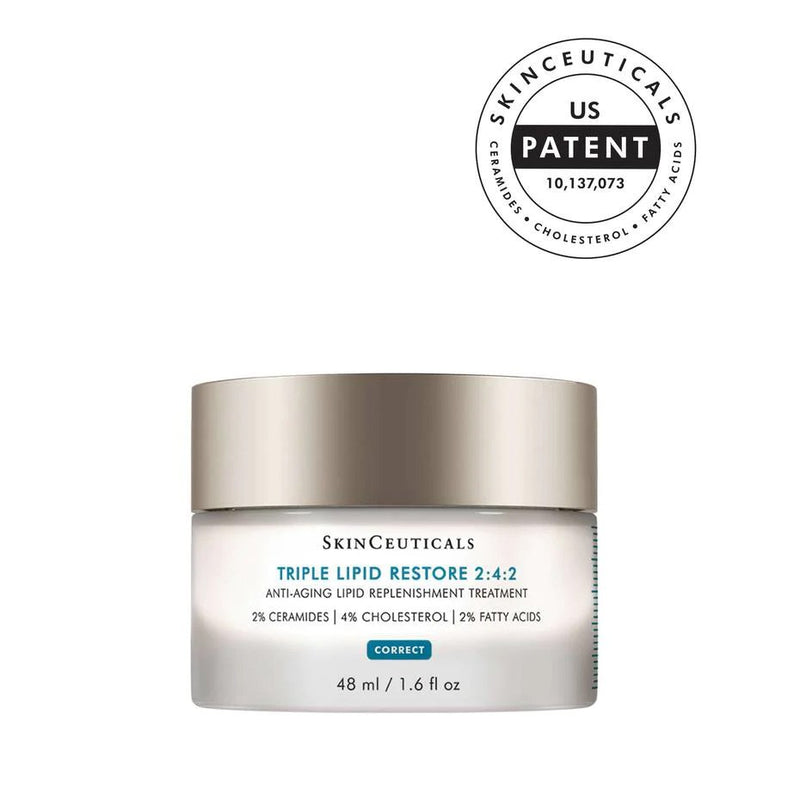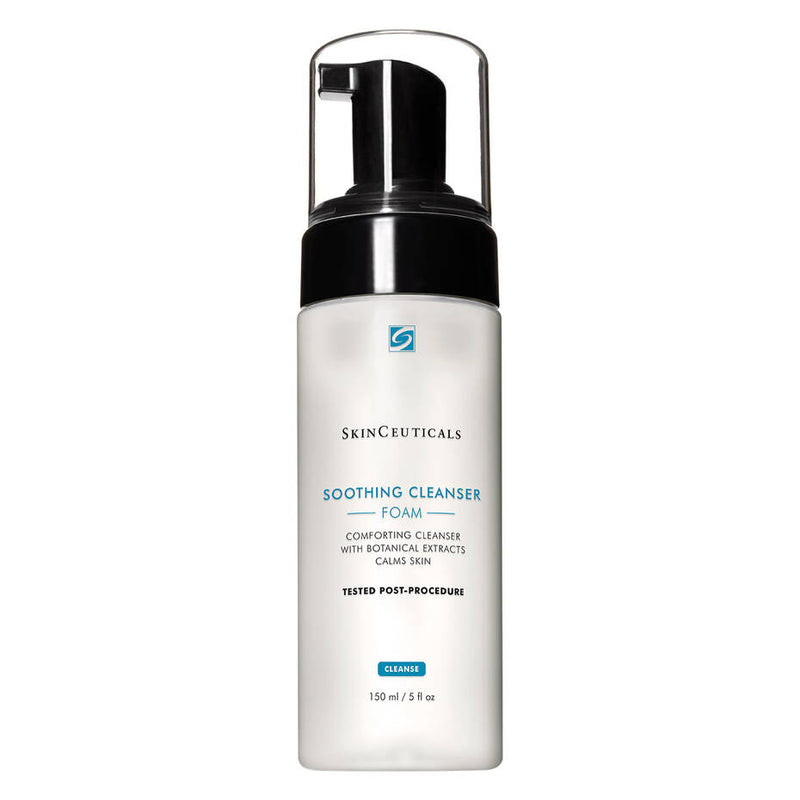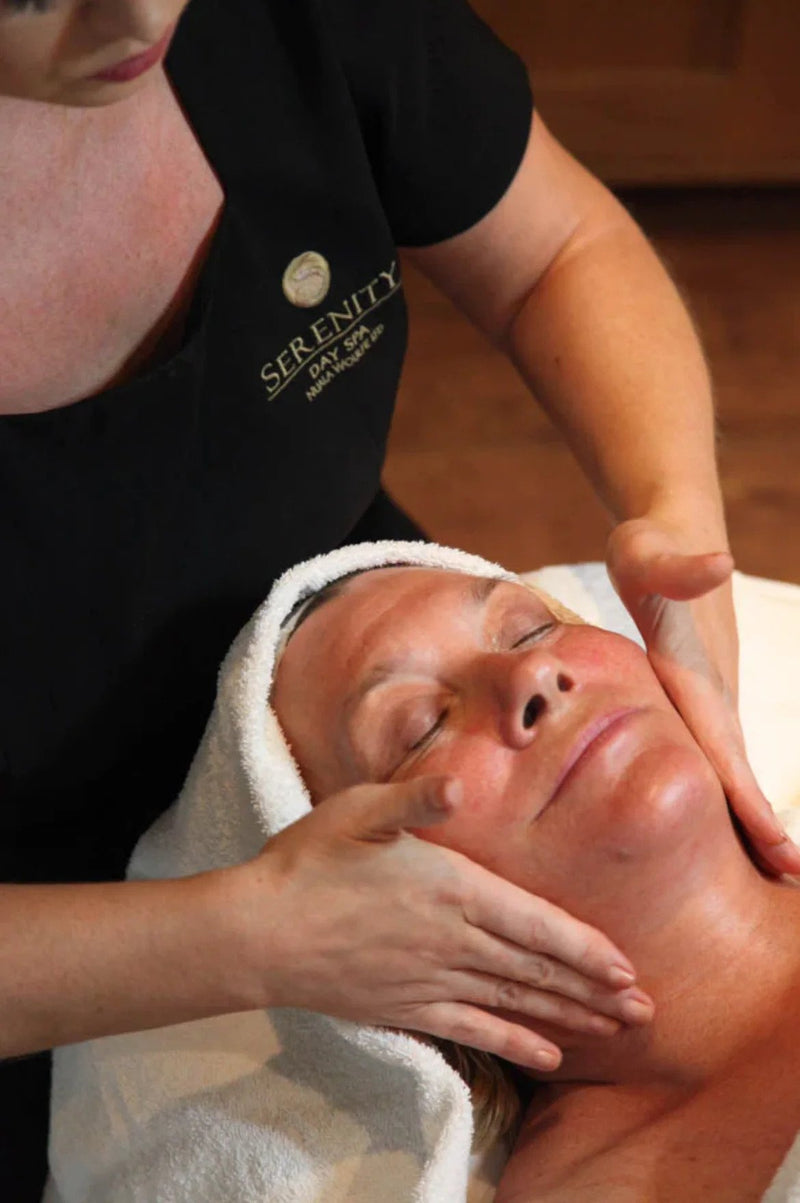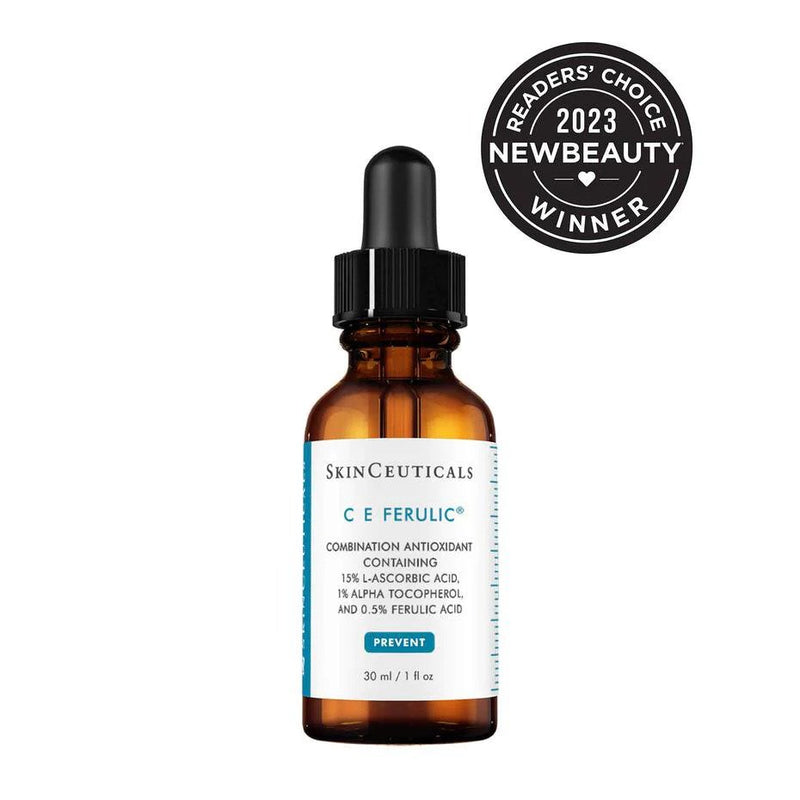-
Rethink Your Resolutions
“Typical New Year’s resolutions set you up for failure,” If you want to better yourself in the New Year, follow these tips for success:
- Start small. Break your goal into tinier steps over the course of the year. If weight loss is your goal, it doesn’t have to be drastic. Try to eat more veggies during your first month and gradually cut back on sweets throughout the next, suggests Gould.
- Be kind to yourself. If you didn’t achieve last year’s resolution or stray from the path this time around, let it go. “We often contrive these stories (‘I’m never going to quit smoking!’) that only add to our distress,” says Gould. “With practice, we can notice this self-critic, let go of that negativity and pick our goals back up without the guilt or shame.”
- Ask for help. It is always easier to achieve your goals with the support of others. Recruit your family or join a group.
-
Don’t Lose Sight of What Really Counts
-
Anxiety
Approaching the new year may trigger anxiety, particularly when faced with reflecting on unmet goals, regrets or disappointments. Acknowledge this anxiety, using the new year as an opportunity to reassess and recalibrate expectations. Approach the new year with flexibility and self-compassion, embracing the potential for personal development.
-
Forget the ‘detox’ - Look after your liver and support it as it recovers from the Christmas season Phase I CYP
Phase II Sulphonation, glucuronidation, glutathione conjugation, methylation, acetylation, glycination
Foods for liver support – antioxidants, anti-inflammatory foods, foods to support our liver with biotransformation and detoxification. A diet rich in phytonutrients from fruit and vegetables is essential. Also food sources containing resveratrol (grapes, blueberries), green tea, quercetin (apples, agarlic) and curcumin (turmeric). Cruciferous and allium vegetables to increase the activity of our liver enzymes. Choline rich foods like Liver, egg yolks, beef, chicken breast, fish (salmon, haddock, white fish), broccoli, tofu, dairy, cauliflower. When dietary intake is inadequate you can supplement
Supplement support:
If you’re sensitive to processed foods or gluten or dairy, you may need to include digestive enzymes to support your digestive system and keep food moving through the system. Sometimes when we eat foods our bodies are not used to seeing all of the time our bowels can become sluggish which can cause constipation. This adds to the load on our liver, which may already be struggling with increased alcohol and lower levels of fruits and vegetables. (Solgar are great and reasonably priced)
Stop toxins getting into the body – use a binder that will support your liver especially if you are sensitive to histamine in alcohol, or foods like cheeses and such Toxaprevent is a great product. The powder in the sachets will bind histamine in food and alcohol and prevent it being absorbed into the bloodstream. The capsules will bind and remove it from the digestive tract via the stool. It supports the liver and lowers inflammation and frees up space in the liver to process and remove other toxins.
Other liver supportive supplements:
Sulforaphane, DIM (di-indole methane)or Broccoli sprouts
Antioxidants: Beta carotene (Vitamin A), Vitamin C, selenium, CoQ10,
Glutathione, alpha lipoic acid, active folate and vitamins B2, B6 and B12
N-Acetyl Cysteine (NAC)
N-Acetyl cysteine is a precursor to the powerful antioxidant glutathione, which helps neutralize cell-damaging free radicals that cause inflammation and fatty buildup in the liver. In addition, NAC has been shown to play a pivotal role in promoting your liver's natural ability to filter toxins from the blood. In this way, this essential compound offers the dual purpose of liver protection and detoxification.
Mil Thistle
Milk thistle contains compounds collectively known as silymarin, a group of flavonoids which have been shown to protect liver cells from toxic substances. Like NAC, milk thistle is a strong antioxidant that supports healthy liver function by defending against oxidative stress. Keep in mind, however, that not all milk thistle has the same level of silymarin content. Look for milk thistle standardized to at least 70% silymarin.
Choline
Choline is an essential nutrient naturally present in meat, fish, poultry, dairy, and eggs. One critically important role of this compound is to transport fats out of the liver, thus avoiding lipid buildup within healthy tissue. Due to dietary restrictions, vegetarians and vegans are particularly at risk of a deficiency. Soy lecithin.
Dandelion
Dandelions are rich in antioxidants, which help protect the liver against free radical damage and the inflammation that follows. In addition, it supports the production of bile, which aids in the efficient digestion of fats and their expulsion from the body. Look for formulas which contain dandelion root rather than an extract of the entire plant, as the root has a higher concentration of liver-cleansing compounds.
Artichoke
Gut health and lots of fresh water - elimination
-
Make being happy and healthy your goal
Get a full MOT in January. Weigh in, BMI, Nutrition review, Bloods, mood evaluation. The whole lot. Be proactive about your health. Don’t ignore little niggles that have been bothering you whether they be physical or psychological. Take the time for yourself so you can give to others. You can go to your GP or there are labs such as Randox health who offer an Everywoman and Everyman blood test for €340 which includes a second test in 6 months. It means you can really track your health and monitor it for changes while being proactive about staying healthy. €170 to me is totally worth it.
Check your vitamin D level and supplement – the winter blues are a real phenomenon and lack of sunlight is a real issue for us here in Ireland.
Vitamin D – may need additional in the winter – so important for immune health and also mood over the winter season. Although the most recognised function of vitamin D is in calcium and phosphate metabolism and therefore in maintaining and supporting bone density, vitamin D is also used therapeutically for many other conditions including immune health, diabetes, autoimmune disease, dementia, and cardiovascular disease. A number of scientific studies have shown a link between vitamin D deficiency and depression. This is a research paper released by TILDA in 2019 finding Vitamin D deficiency was associated with a 75% increase in the risk of developing depression in our older population. Vitamin D is not found in abundance naturally in food but the best sources are oily fish followed by fortified milk and eggs. Things like salmon, mackerel, tuna, sardines, milk, eggs, beef, liver, and cheese are examples of foods that naturally contain Vitamin D. More recently some makes of processed foods are fortified with added vitamin D.
During exposure to sunlight, ultraviolet B (UVB) radiation penetrates into the epidermis photolyzes provitamin D3 (7-dehydrocholesterol – derived from cholesterol by the way!) to previtamin D3 (cholecalciferol). This cholecalciferol, in turn, binds to vitamin D-binding protein (VDBP) and is transported to the liver, where it gets converted to calcidiol, aka 25-hydroxyvitamin D3 or 25 hydroxy cholecalciferol. It then travels to the kidney.
Remember: Calcidiol is the storage form of vitamin D in the body. Calcidiol is later converted to the active form of vitamin D in the body, meaning calcitriol, or 1,25-dihydroxy vitamin D in the kidney and cells of the immune system, such as lymph nodes alveolar macrophages and alveoli themselves.
Vitamin D is made when UV (more precisely, UVB rays) react with a compound (7 dehydrocholesterol) in the skin. The best rays for UV synthesis have wavelengths between 270–300 nm. These wavelengths are present when the UV index is greater than 3.
In the winter months it’s just not possible for us to make vitamin D from sunlight In the summer months our ability is influenced by a couple of things
Our skin colour
The amount of skin exposed
Whether we wear sunscreen or not
For lighter skin we need 10 minutes at least of skin exposure – arms and torso, if possible, without any sunscreen
For darker skin we need 30-40 mins of unprotected sunbathing
Our bodies will make approx. 20,000IU from this, which can be stored in our fat cells.
- Make time to sleep 7-9 hours per day
- Eat a plant-based breakfast full of fibre with protein
- Make time for friends. 4, 5 or 6 hours of time per week with people you really like – coffee or lunch with friends
- Volunteer – find a way to give back. Volunteers are happier
- Spend some time reviewing your work-life balance. Work less if you can. Make sure you are getting time to spend with your loved ones, children and family. The years fly by very quickly. People who work less than 35hrs weekly report the most happiness. Of course, you need to make enough money to satisfy your needs but make sure your needs are realistic and grounded in what is essential. Leaving time to actually live.
- Practice some form of spirituality – belonging to some form of faith, it doesn’t matter what it is, gives you a much stronger chance of happiness,
- Watch some TV and social media - yes you heard right. 30mins per day or each is associated with increased happiness. It provides a little bit more happiness than none. Afte about 90mins of either one of those, your happiness starts to really drop off sharply
Multivitamin and mineral for everyone – additional needs based on testing
For stress management and sleep support:
Kalmassure Nighttime– for stress management and sleep support - it contains Vitamin B6 (pyridoxal-5-phosphate); Magnesium (as bisglycinate and taurate); Black Cherry (Prunus serotina fruit); Hops (Humulus lupulus flower); Camomile (Matricaria recutita flower); Lemon Balm (Melissa officinalis leaf and stem); L-theanine; Ashwagandha (Withania somnifera root)
Magnesium has been shown to support nervous system function as well as physically relaxing the muscles, to encourage peaceful slumber. The ingredient list also includes Black Cherry, which contributes to sleep regulation as well as easing muscular pain
NaturesPlus NightTime has been created combining a unique magnesium blend with a powerful botanical complex. With tried and tested ingredients such as chamomile, ashwagandha, lemon balm, L-theanine, hops and black cherry, blended together with vitamin B6 in the active P5P form alongside magnesium glycinate and taurate for a peaceful night's rest.
Not all forms of magnesium are created equally. In this supplement we use two highly absorbable magnesium forms; glycinate and taurate which have become very popular amongst health professionals in recent years for their efficacy. We have designed this formula to support you psychologically and hormonally† as well as giving your nervous system the support it needs to rest efficiently. A non-drowsy formula, effective throughout the night to help you feel well rested and energised in the morning.
▪ EFFECTIVE NIGHT FORMULA: A restful night is essential for the regeneration of your body. We are combining a unique complex of nutrients designed to work quickly and throughout the night to ensure you are getting the rest you need.
▪ UNIQUE HERBAL COMBINATION: Soothing herbs such as chamomile, hops, ashwagandha, lemon balm, L-theanine and black cherry perfectly combined with magnesium glycinate/taurate and B6 in its active form of P5P.
▪ SUPERIOR MAGNESIUM COMPLEX: Scientifically proven, magnesium glycinate and taurate are the practitioner’s favourite form for night time use. This gentle magnesium formula is also more suitable for those with a more delicate and sensitive digestive system.
Vitamin B6 helps the body make several neurotransmitters, chemicals that carry signals from one nerve cell to another. It is needed for normal brain development and function, and helps the body make the hormones serotonin and norepinephrine, which influence mood, and melatonin, which helps regulate the body clock.



